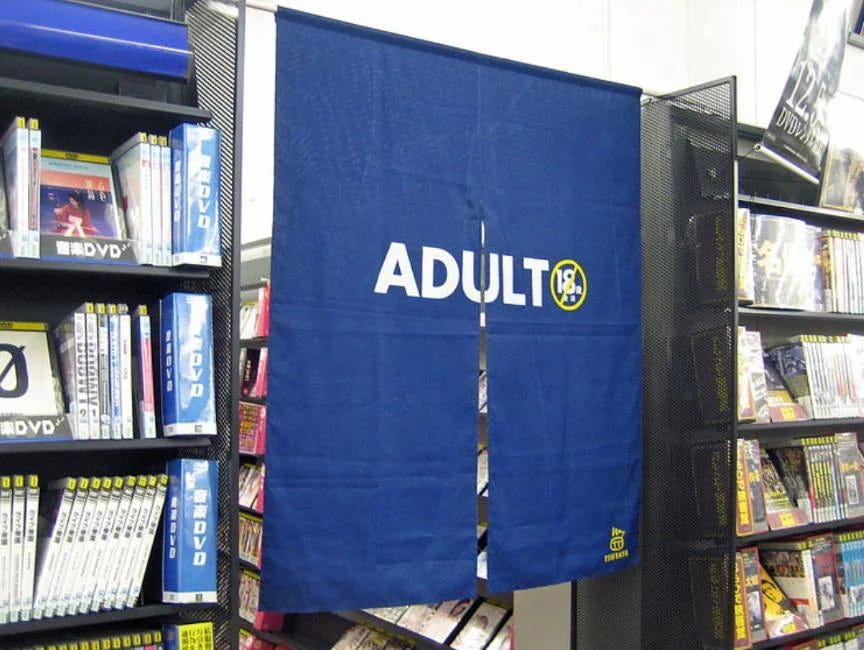Creating Better Friendships: Two Suggestions
Interventions to Reduce Loneliness and Pursue the Ideal Self
This is part of a series on loneliness including mistaken ideas and misconceptions about the lifestyles of lonely people. Get the full archives with 100+ posts by becoming a paid subscriber.
I.
In your head lies a mental list of what people in your social world offer. Perhaps there’s the character who reliably makes you laugh. Or the one you lean on when overwhelming sadness arises. It may sound selfish or transactional to link names with the resources they provide you, but I suggest a reformulation according to relationship researcher, Elaine Cheung at Northwestern University.
What Dr. Cheung suggests is that our society is still designed with romantic partners as the nucleus of support for adults. Perhaps thought, this is an artificially limited view. Why can’t friends, neighbors, and colleagues step in? After all, not everyone has or wants a romantic relationship. And if you happen to be in one, perhaps its time to reduce the pressure of having one person satisfy your wide-ranging psychological needs.

To simplify the suggestion, consider this:
The more diversified your social portfolio, the easier it is to capitalize on positive events and gain support for negative events - as there are more strengths, skills, and resources at your disposal. As a bonus, nobody views their relationship as a burden.
In fact there is research suggesting that a diversified social portfolio of people, with differing relationships serving different emotion regulation purposes, helps you make more progress in moving from the present self to the ideal self you aspire to become. Dr. Cheung describes this view in extensive detail:
In order to successfully facilitate an individual’s ideal self goal strivings, it follows that having a range of potential support providers available to draw from should be associated with greater success (e.g., coaches, teammates, mentors). Whereas romantic partners may be particularly effective at providing certain types of support (e.g., security and comfort during times of distress; Bowlby, 1969; Coan, 2011), such support is not always enough when it comes to supporting the individual’s identity-specific goals (e.g., Slotter & Gardner, 2014). As such, romantic partners may not always be equipped with the arsenal of skills or expertise necessary for providing effective ideal self support and it may be beneficial for individuals to seek out additional social partners for support in such domains (e.g., seeking out a teammate or a coach to promote the individual’s ideal self as a competitive lacrosse player). Given that different types of social partners may serve different functions in supporting the individual’s pursuit of their ideal self, we propose that there may be merit to studying the process of ideal self striving within individuals’ broader social networks.
If you read these words carefully, you notice that is actually more compassionate than selfish. If you have a romantic partner, they are unlikely to possess the emotional bandwidth to deal with their shit and yours. It is an act of love to spread your demands to other people. In turn, as a high-quality relationship partner, you offer the same to them when called upon. It is this reciprocity, that allows each person to be a conduit in helping others reach their genetic potential.
Provocations
A primary psychological need is for autonomy (know the theory - here). Paradoxically, we must lean on others to navigate our emotional landscape to be a autonomous, efficacious being. One of the paths to doing so is the ability to diversify our 'emotional helpers'. Some people have a 'go-to' person for every mood - one for solace, another for joy, and so forth. Those with a diversified 'emotional team' - a wider circle of people to share various emotions with - tend to lead richer lives. This finding advocates for us to reconsider our emotional dependencies and to not overburden just one person with all our emotional needs.
Variety isn't just the spice of life, it seems to be the key to a better one. Variety in our experiences. Variety in what members of our social network provide.
Which leads to big questions:
How much are you over-relying on one person to satisfy your psychological needs?
What can you do right now to start diversifying your social relationship portfolio?
Surprising Fact: This incredible research by Dr. Elaine Cheung on how friends help us move toward an aspirational vision of who we want to be has only been cited 7 times over 8 years!!! Keep reading Provoked issues as I shine a light on underappreciated researchers such as Dr. Tsachi Ein-Dor and his work on anxiety’s benefits - here.
II.
In a society that pulls for self-censorship, a benefit of friendship is receptivity to less well-chartered ideas without fear of recrimination.
We make too much of our personal lives public - a point tackled in the important new book by
, The Anxious Generation. Often, your thoughts aren’t ready for a public forum. You could use a sounding board. Someone who lets you express incomplete thoughts, or poorly developed first drafts of what you’ve been pondering, dreaming, or concerned about. It is such a gift to give someone sufficient space to speak knowing full-well, the words are a work in progress.The more of your self that is uploaded in public view, the more valuable this interpersonal gift becomes.
Ask for it whenever desired.
Give this gift whenever requested.
Your thinking will improve and so will your decision-making. Your social interaction partners will welcome a reprieve from the spotlight.
It is every writer’s dream.
For the full experience and to support my work, please consider upgrading your subscription.
Read Past Issues Here Including:
6 Lessons from Working in a Pornography Store at Age 13
Never have I delved so deeply into my past than in this Provoked issue. As such, I want to note my appreciation for paid subscribers who allow me to spend substantial time on this newsletter (over 15 hours per week + endless reading and thinking). In return, this is the start of a new perk - articles on “lessons learned.” An idea borrowed from a highly recommended Substack by


It’s a great research question. And quite simple. Does an over reliance on status quo thinking and behavioral inertia predict less healthy personality growth?
Yea, that is a powerful question. Absolutely, the downstream effects of that low bar can be immense.
Another way of saying this is what do I deserve? And people with unstable, opportunity poor backgrounds often lack a vision of what's possible much less for them. I have to think about the supportive research. I think you might get self-esteem as a proxy and how much a person's sense of self is diminished as a function of adverse childhood events (ACEs) etc.